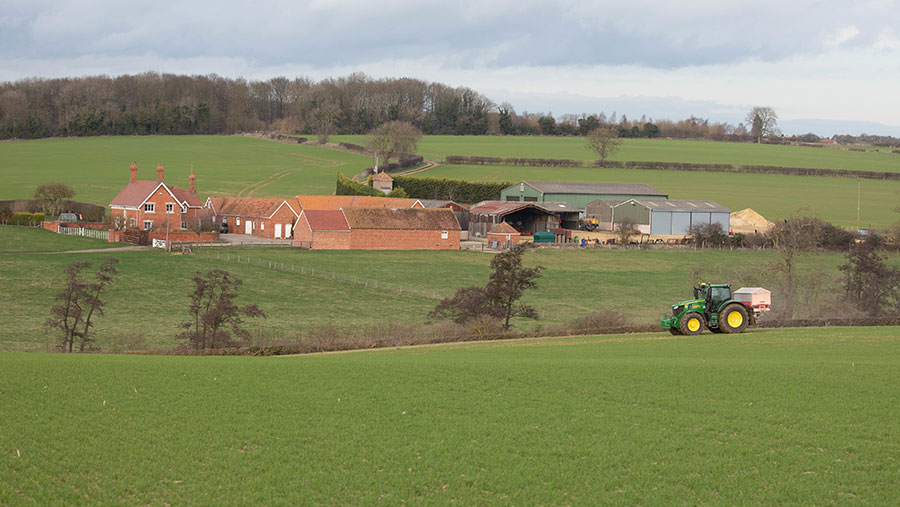Check council tax band if home has an agricultural tie
 © Tim Scrivener
© Tim Scrivener Farmers or farmworkers living in a house with an Agricultural Occupancy Condition (AOC) may be paying too much council tax, as some properties were incorrectly valued when the council tax system was first introduced.
Judy Holmes, chartered surveyor and head of rural landlord and tenant at Berrys, appealed the council tax band for the farm bungalow she lives in, after discovering that the impact of the agricultural tie on the value of the property had not been accounted for.
Council tax valuations are based on the price the property would have sold for on the open market on 1 April 1991 in England and Scotland, and 1 April 2003 in Wales.
See also: Why challenging your council tax can recoup thousands
“However, AOCs can reduce the value of a property by up to 10-40%, depending on the character and situation of the property,” she said. “Generally, a reduction of one-third is commonly used to consider the reduction in value for an AOC on a property.”
Mrs Holmes said her council tax bill had always seemed like a lot of money, so she decided to look into its banding.
When she looked at what the value of the property would have been in 1991, using industry data, she determined that the valuation would have been correct – but only if the property didn’t have an AOC.
As a result, she applied to the Valuation Office Agency (VOA) with supporting documentation and it determined that the property was incorrectly banded.
“Going forward, we are in a lower band, so our monthly payments have decreased and they have paid us a lump-sum back payment for the three years that we have lived here and overpaid.”
Mrs Holmes stressed there was no guarantee that farmers who won this sort of case would qualify for back payments.
“Strictly, one has to apply within the first three months of living at a property to qualify for back payments, but in some situations, such as ours, they can use their discretion to make the back payment.”
Risks of an application
There is always a risk that the VOA could move a property into a higher band, as well as a lower one, she added.
“If extensive works have been carried out to the property since the banding, then the council tax could go up.”
This was one of the reasons why it was sensible to get some input from a professional adviser before going ahead with an official request for a reassessment, said Mrs Holmes.
“The banding can go up as well as down, so you need to be really sure about making the application – as you wouldn’t want your council tax bill to go up.”
The starting point for deciding whether the banding is wrong is to look at the current market value of the property – factoring in the impact of the AOC – and compare it back to the 1991 value.
One of the easiest ways to do this is to use the Nationwide House Price Calculator which calculates a 1991 value based on its current value.
“Then you can look at the tables of bands and see if you were put in the wrong one or not.”
Process of challenging a valuation
Information you may need to supply to the VOA includes:
- A copy of any recent valuations
- Any comparable evidence to support your request for a review
- A plan showing the boundaries of the farm and house
- Confirmation of any alterations or extensions that have been made to the property
- Confirmation of the legal owner/occupier of the farm and house
- Whether any parts of the farm have been sold or let out.
It is possible there will be very few comparable properties to a farmhouse immediately available, but a land agent should be able to provide valuation advice which can be used to support an application.
